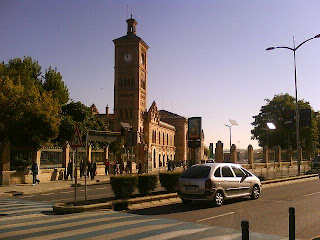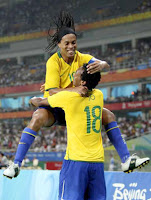Al-Maghrib e Al-Andalus – Marrocos e Espanha, ontem e hoje

A península ibérica e o norte da África já viveram sob um mesmo governo, ou sob uma mesma civilização. Hoje, essas duas terras fazem partes de comunidades diferentes, marcadas por uma cultura comum que permanece, mesmo decorridos 500 anos de sua separação militar. No século V, a onda de invasões bárbaras levou os vândalos até a atual Espanha, então parte do Império Romano do Ocidente. Atravessando o Mediterrâneo, tomaram o norte da África (parte do mesmo império) e estenderam sua ocupação pelos atuais territórios do Marrocos, Argélia e Tunísia. Acabaram sendo derrotados pelos povos berberes, nativos do deserto. No século VI, os visigodos se fixaram na atual Espanha. Professavam um Cristianismo de doutrina Ariana, diferente do cristianismo romano dos habitantes do império. Mais tarde, aceitaram a doutrina da Trindade conforme o Concílio de Niceia, tornando-se católicos. Os cristãos reuniam-se nas igrejas e celebravam segundo um rito próprio. Falavam um latim vulgar mais brando, sem a ...
.jpg)


